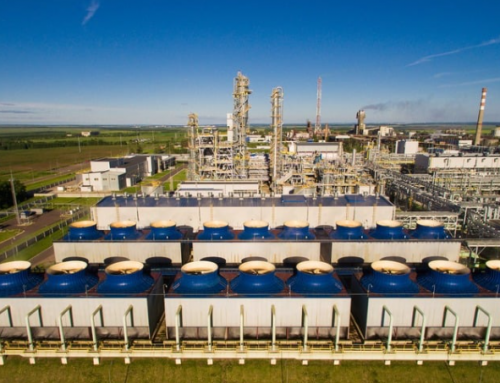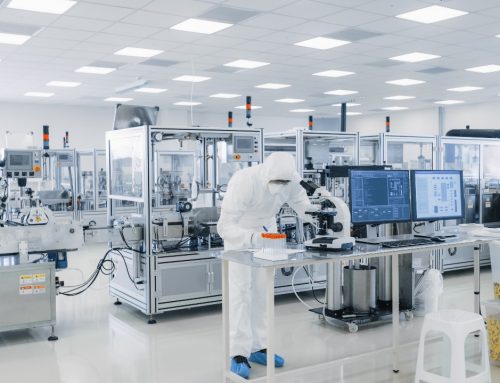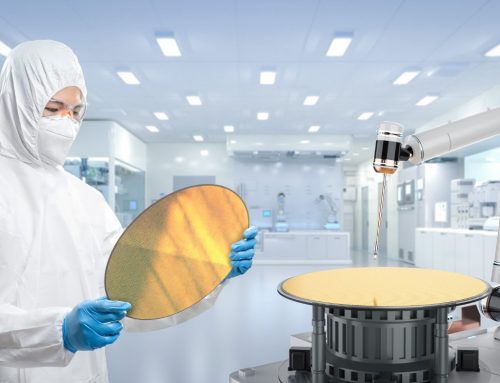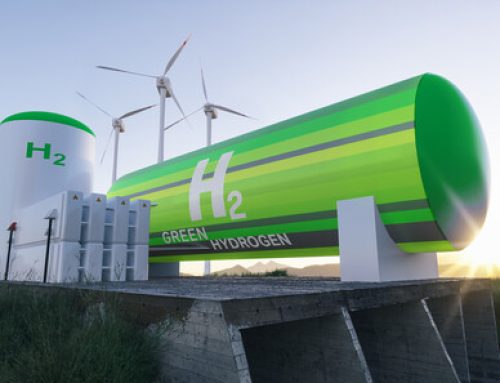Project Description
Project Background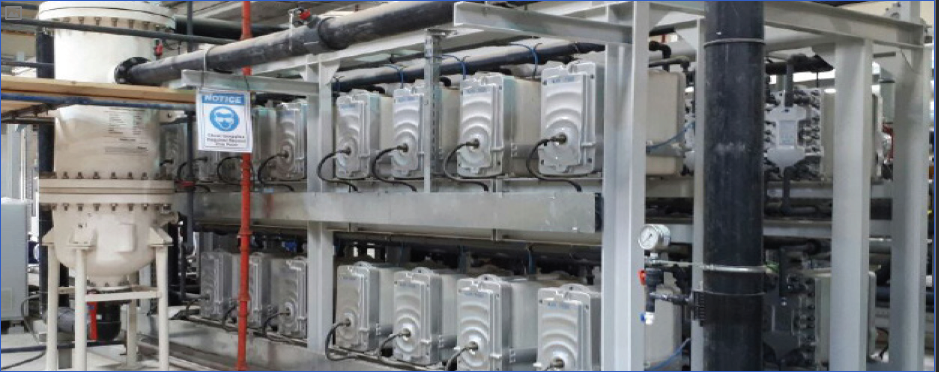
The client, a natural gas based power plant in Oman, required demineralized water for its boiler application. Deminieralized water will be used for high pressure boilers. The feed water source is seawater that undergoes pretreatment that includes sea water reverse osmosis followed by brackish water reverse osmosis, followed by EDI for the demineralization component of this project.
Client’s specific requirement was for produced water with conductivity less than 0.1 and silica less than 0.02 The OEM, well-known in UAE, chose Electrodeionization as the most viable option for the polishing step of the process, and selected QUA’s FEDI-2 SV stacks for their capability of delivering high quality product water on a consistent basis. Electrodeionization (EDI) was preferred as the final polishing process instead of a mixed bed exchanger to reduce costs associated with regeneration, wastewater treatment and disposal. Selecting EDI also avoids the handling of corrosive chemicals.
FEDI Model: FEDI-2 SV 30X
No. of Streams: 3 x 100m3/hr (2 working, 1 standby) No. of Stacks: 90
Silica as SiO2: < 0.02
Conductivity: < 0.1
QUA Solution
QUA provided its Fractional Electrodeionization (FEDI) technology for the RO permeate polishing and demineralization component of this project. The FEDI system is designed to treat three streams of 100 m3/hr of double pass RO feed water, to be used in the power plant process as high pressure boiler feed. Each skid consists of 30 FEDI stacks in a 3-tier arrangement. Each row has 10 FEDI stacks in parallel.
About FEDI Technology
Electrodeionization is a continuous, chemical-free process that removes ionized and ionizable impurities from the feed water using DC power. EDI is most commonly used to treat reverse osmosis permeate and replaces Mixed Bed (MB) ion exchange; producing high purity water of up to 18 M Ω/cm. EDI eliminates the need to store and handle hazardous chemicals required for MB ion exchange resin regeneration and associated waste neutralization steps. EDI has a much lower space requirement, a low operating cost, and a quick return on investment in comparison to mixed bed; and produces high grade product water quality up to 18 M Ω/cm on a continuous and consistent basis.
Choosing an EDI system which will operate with single-pass RO feed water with less maintenance results in significant capital, space, and O&M savings that makes the solution effective and reliable.
After detailed evaluation of various EDI options, the customer found QUA® Fractional Electrodeionization (FEDI®) to be the only technology which could withstand hardness of 3 ppm as CaCO3 in the feed.
FEDI is an advancement in EDI technology which was developed to address the limitations of conventional EDI. FEDI’s patented dual voltage process allows for a higher flexibility and tolerance to inlet water conditions, thus lowering the risk of scaling, and improving the plant’s design economics and reliability.
The key difference between the two technologies is that rather than applying one current to the entire module as in conventional electrodeionization, the FEDI process differentiates the removal of weakly ionized and strongly ionized impurities by using a two-stage process. This allows a significant portion of strongly ionized impurities mainly the divalent ions which cause precipitation at higher voltage, to be removed in the first stage using lower current. Subsequently, a higher voltage is applied for removal of weakly ionized impurities such as silica in the second stage.
FEDI’s patented design maintains an acidic condition, thus reducing the scaling potential in the first stage and basic condition which helps in efficient removal of silica in the second stage of the EDI concentrate compartment.


